Rest is a Radical Act!
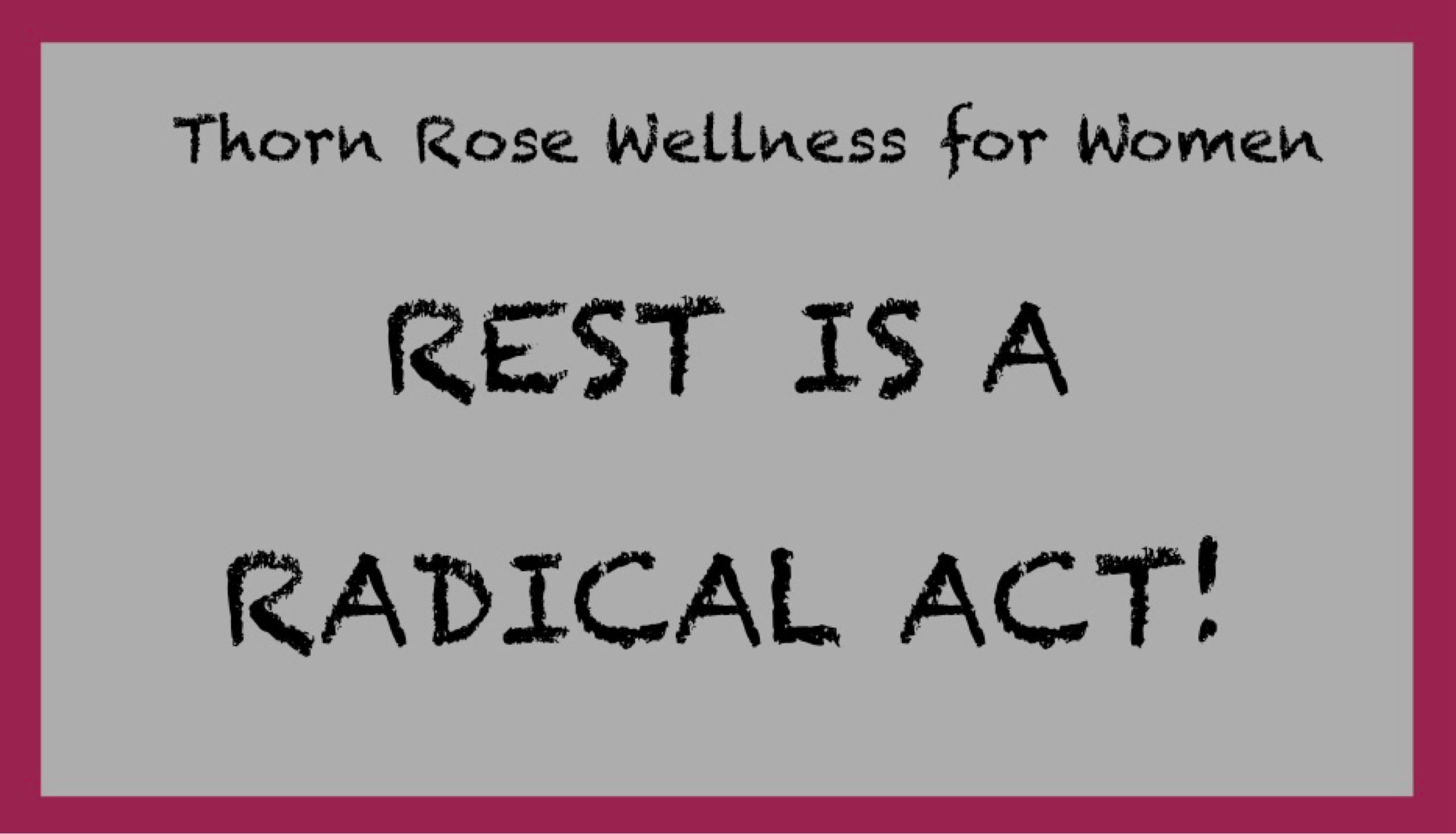
If “Rest is a Radical Act”, how radical are you? Could you be tempted to become more so?
Tricia Hersey, the “Nap Bishop”, says “rest is a form of radical resistance to the current culture of hyper-productivity”, and I am sure she is right!
This article will take a look at what rest means to us, why most of us don’t get enough, and what we can do about it.
This isn’t going to be a particularly technical look at how the body responds to rest, it’s more of a general look at how we could all possibly benefit from slowing down a little, taking less on.
It’s particularly pertinent coming on the heels of the strong medicine that is HIIT, which only works because of the rests: the rest between intervals, the rests between sets, and the rest between the days you do it on.
But rest is so much more than “not work”, and we deserve better than taking rest so we can continue on the never-ending grind wheel of productivity - even if many of us are not even getting enough rest to enable that!
I remember when I worked for the police - the rota had duty days, and rest days, and I really resented the implication that rest was all I was meant to do between work days, that those weren’t “days off” for fun and celebration, merely necessary time to recover to enable the duty days.
Sleep, which we have looked at in a little detail, is part of rest, but it isn’t the whole picture, and I also want to look at the other re- words: restoration, recreation, recovery, regeneration, recuperation and rejuvenation. The things that bring us back to ourselves.
The irony isn’t lost on me that I am particularly flat out at the moment, and finding time to just sit and be is currently rather challenging. I try to remember that (allegedly) old Zen saying about sitting in nature. It’s an interesting reminder about what would be really good to keep in our days, however hectic they become!
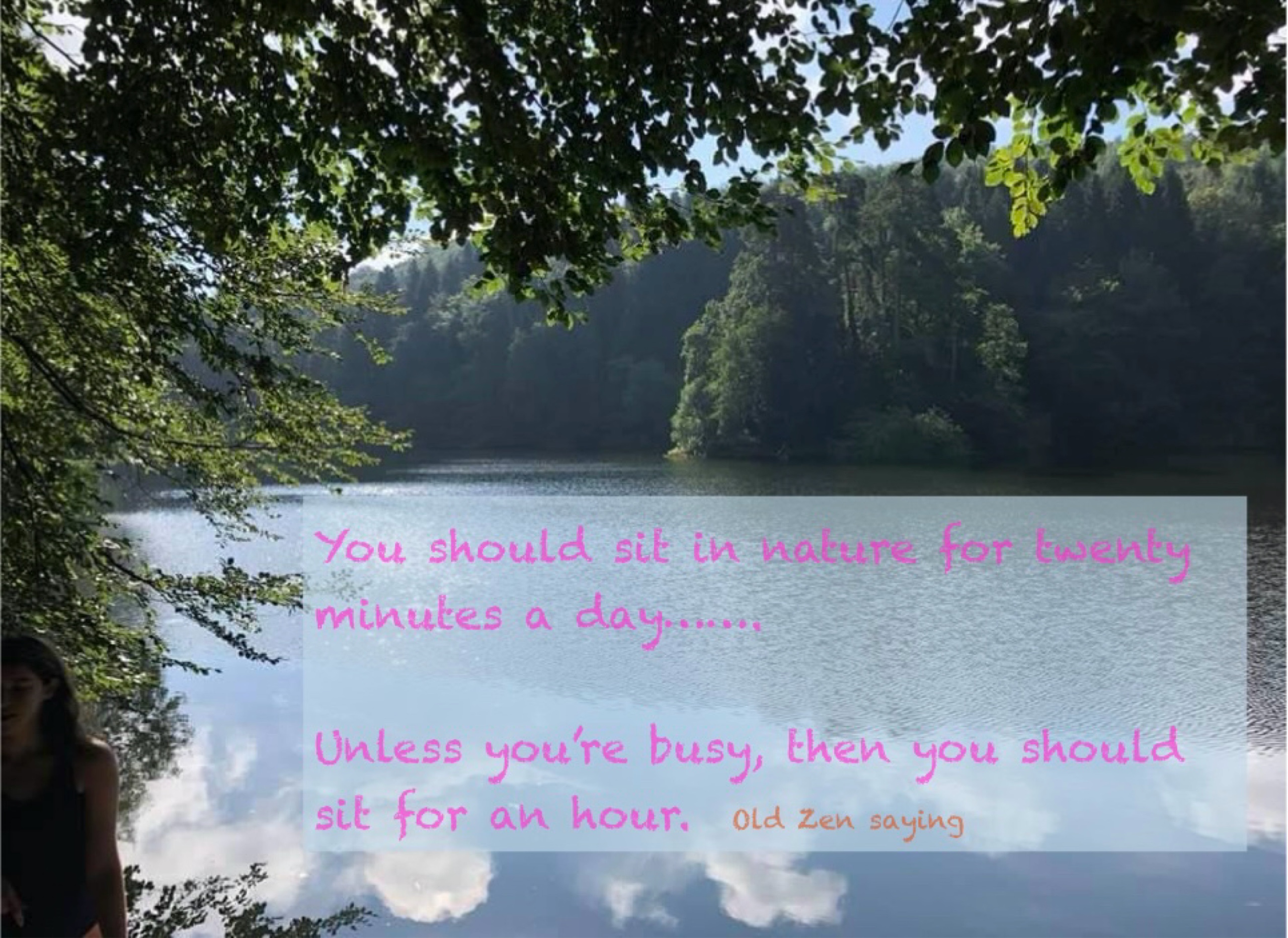
So, what does “rest” mean to you? How much do you separate it out in your mind from recreation, or play, or “leisure”, as they term it in the attached ONS study, leisure?
In this study, surprise surprise, they find that different demographics have different amounts of leisure time available to them. So people of lower socio-economic status have less leisure time, on average, because they have to work so many hours. Older people tend to have more leisure time, if they are able to retire from work, and of course, it’s gendered. So women - especially mothers - tend to have 4.5 hours less leisure time per week than their male counterparts.
Here’s a link to that study if you’re interested.
They define “leisure” as anything that isn’t work, chores, childcare, or activities necessary for living, such as eating and sleeping.
So; “socialising, cultural activities, resting and taking time out, sports or outdoor pursuits, hobbies, computing and games, mass media, eating out and travel associated with these leisure activities.”
“Childcare” complicates this measure, I feel. If you take your children to, say, a museum or an amusement park, does that count as childcare, or leisure? It’s going to depend quite a lot on the age of the children and what their needs are, but it’s going to be quite a different experience than if you were to go alone or with a friend.
Another factor that isn’t considered in this analysis is the mental load, which we have talked about before. Technically, it’s leisure if you’re watching a film on the sofa, but if in fact you are planning the week’s meals in your head, working out how you are going to get the cat to the vet in between those back-to-back meetings and trying to remember where you left that important document you need tomorrow, it isn’t exactly relaxing.
Astonishingly, the study indicates that even mothers of young children have almost 30 hours of leisure time during the week and even more at weekends.
That does not ring true to me.
Does it ring true for you?
I remember, when the children were quite small, lying in the dentist’s chair having a root canal and thinking “this is nice, I get a bit of “me” time”.
I am pretty sure I am not the only mother to have found those early years very intense. Wonderful, with many very happy memories, of course, but the amount of time I had at my disposal for “leisure”? Nothing like 30 hours a week.
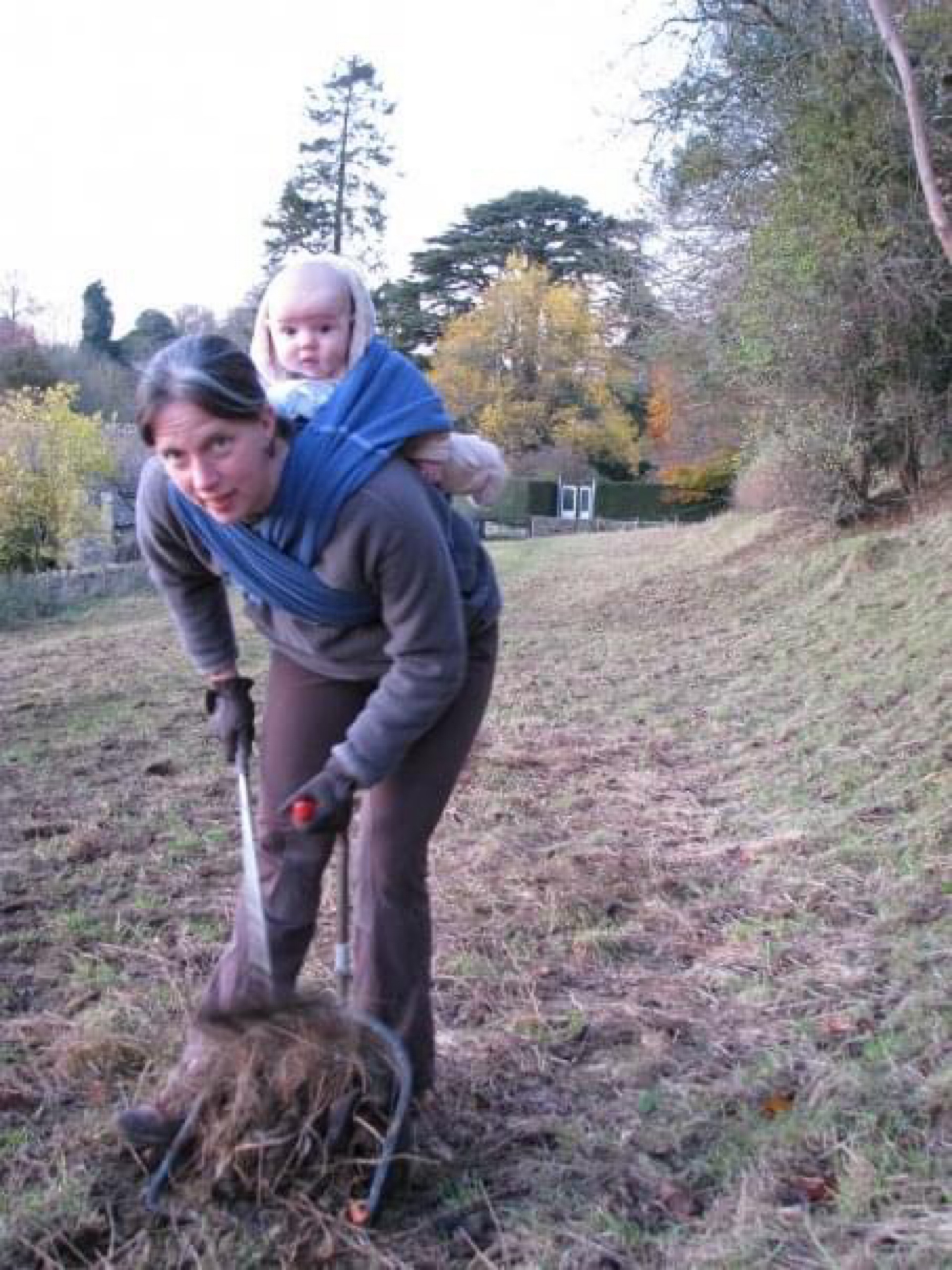
So for me, the more useful measure is time that you have at your disposal to do whatever regenerative, restorative, recuperative activity that feels the most nourishing to you. In my humble opinion, this should be on top of time that you have to exercise, to cook nutritious food, to journal, to sleep and to nap.
You could chose to do any of those things in your “regen” time, of course, if that’s what you fancy, but surely, is it really that unreasonable to suggest that during the 168 hours of every week, we could - should? - have enough time to sleep, to work, to cook, to exercise, to look after ourselves and those we love (and for them to look after us) AND have time for creativity, play, dance, singing, sitting still in the garden and watching the birds, or doing whatever we like? In “ask for what you want” I made the suggestion that 2 hours a day to do with as you please would be a marvellous thing, and the responses I got from that indicate that others, too, see this as a worthy aim. Yet, many felt it was an almost impossible dream. That can’t be right, surely?
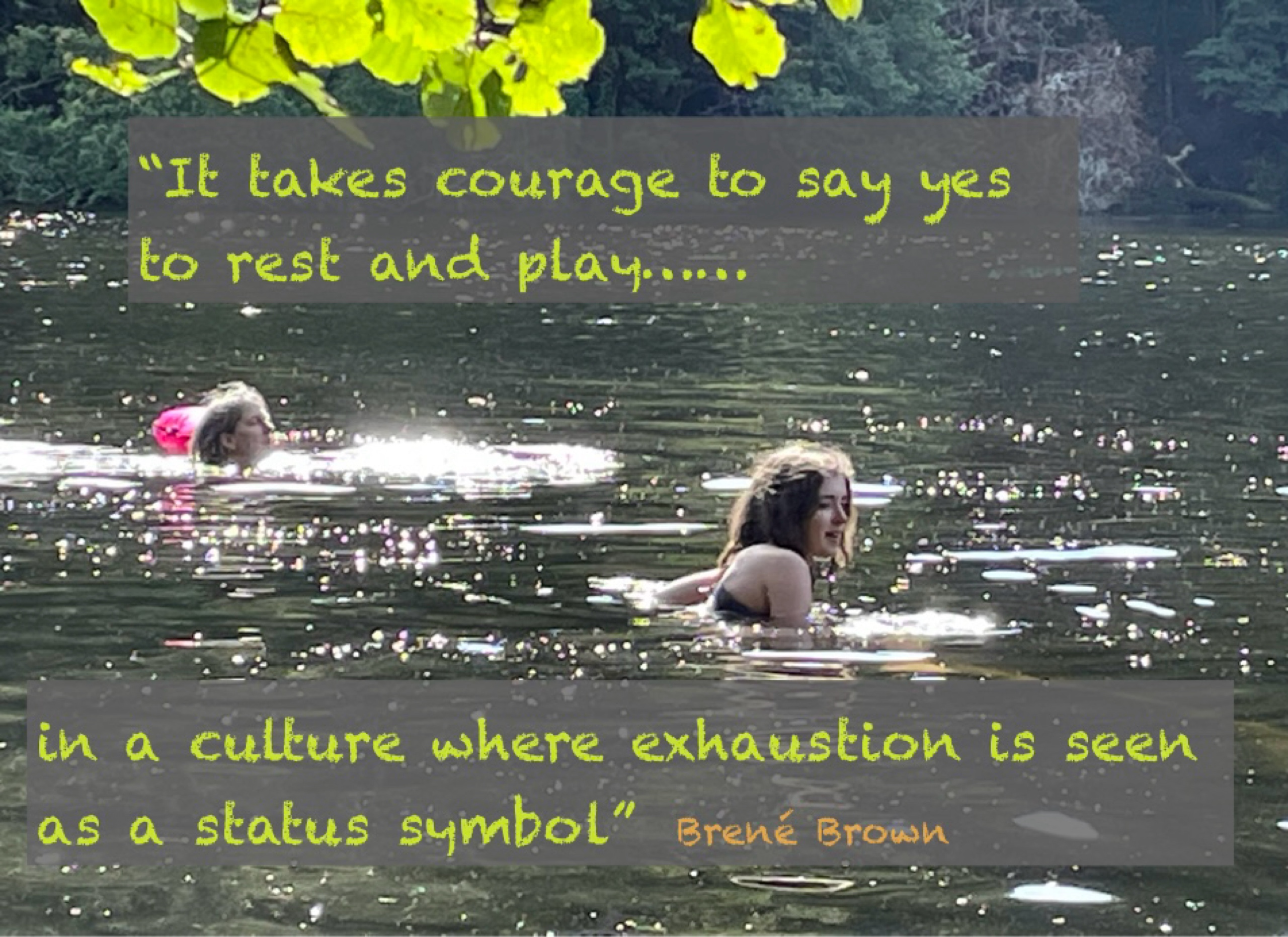
I feel strongly that this is something we need to prioritise in our lives, because otherwise it just isn’t going to happen.
How about you? How much time do you have in your day where you can just do whatever you like, including absolutely nothing? How much is your day dictated by the endless need to earn enough money to get by? Are you constantly overwhelmed by all the demands placed on you?
This is where those harsh “demographics” come in again. I do feel that often women take on too much and that we genuinely could let go of some of those things and claim more time for ourselves, but the economic situation is so dire for so many that this can all too often be out of reach.
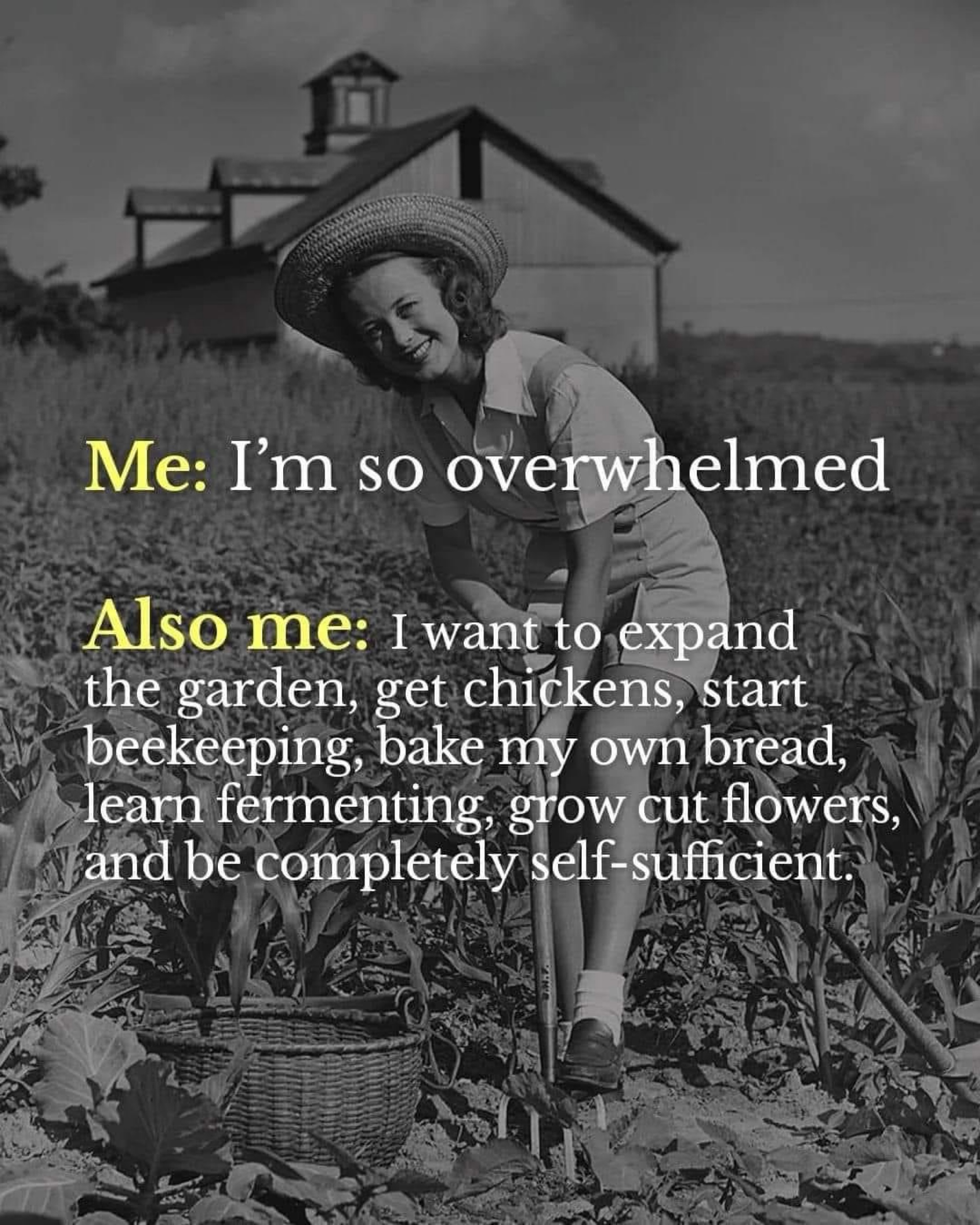
Unfortunately, for lots - most? - of us, it’s that time at night when the kids (if we have them) are in bed and the emails stop arriving (or we stop checking them) when we finally feel we’ve got a bit of time to ourselves. This can lead to staying up way too late, when we are already tired, because it just seems so unfair that the entire day has gone on everything other than ourselves.
Do you find that? Or are you an early riser, coffee-when-the-house-is-quiet sort of person? But still cutting short your night’s sleep because wakeful down time is so valuable?
It’s also worth identifying that just because something is fun, doesn’t mean it is restful. If you are negotiating time to yourself with a partner (who might be picking up the slack), have you ever come back from something really enjoyable - a concert, or an open air swim, or a day out around your favourite town, visiting your favourite museums - and felt really tired, and kind of like you “deserve” a rest, because you expended a lot of energy? And your partner, who perhaps was doing some extra stuff, perhaps with the kids if you have some, now wants you to leap straight back into your “duties” so that they can rest, or take time off?. I know I certainly have. Or indeed, I’ve been that person, holding it all while my partner goes off to do something fun, and even though he might come back exhausted, I’m keen for him to crack on with stuff.
This is especially true if you are the sort of person who finds social interaction empties rather than recharges your batteries. This isn’t to say that you don’t enjoy time with people, but if it’s time alone that you find particularly replenishing, time spent with others won’t fulfil that regenerative need. (This is sometimes used to define introversion - it’s not necessarily shyness or social awkwardness, it’s finding that being with others - particularly more than one at a time - takes energy from you rather than boosting your energy. Extroverts find the opposite - being with people, partying, is energising for them).
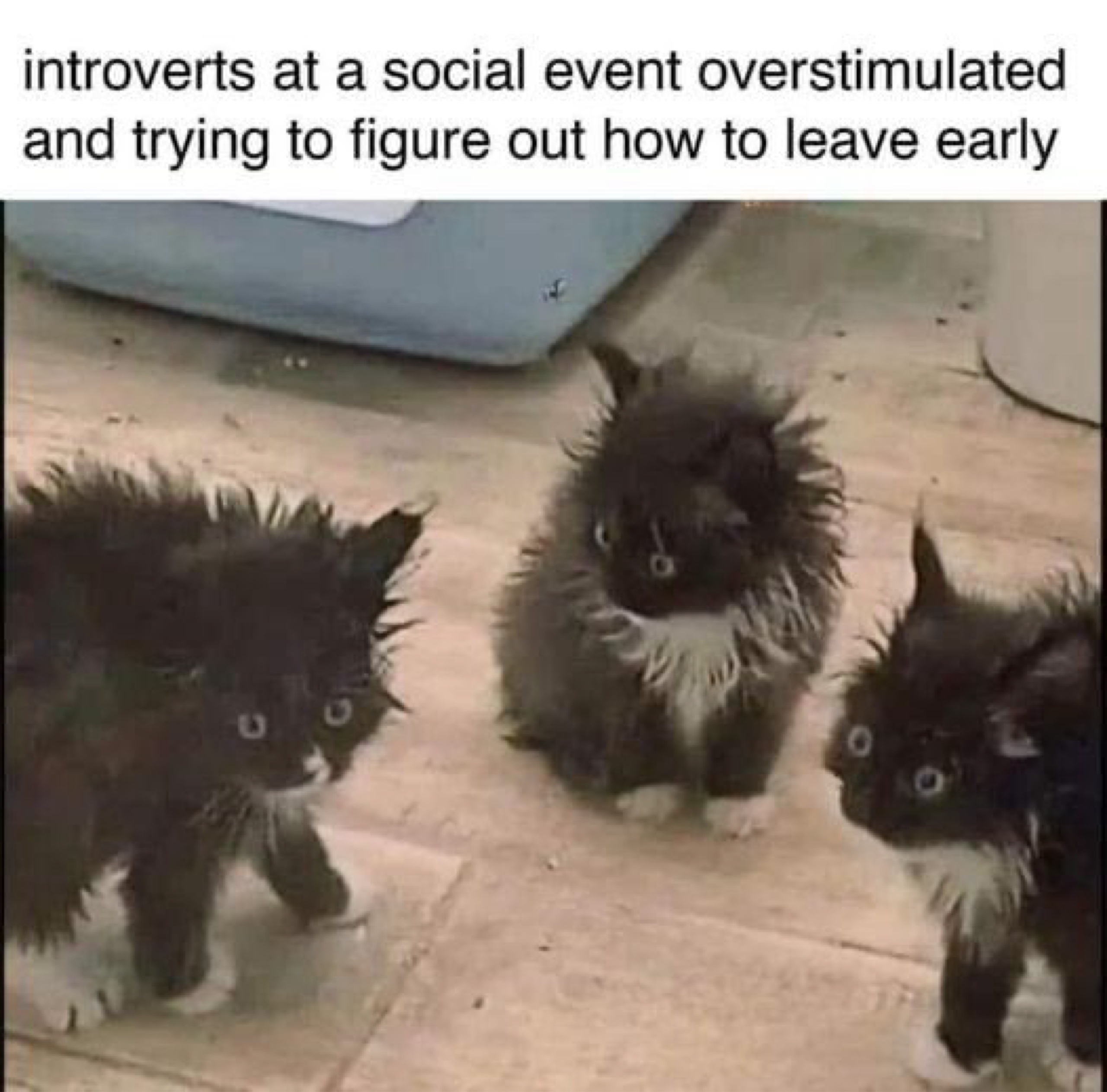
Part of the problem, here, I think, is that the pie that we’re dividing up isn’t big enough. Or we need one with more toppings: time away AND a bit of landing time afterwards.
We’ve touched on this area before and no doubt we will return to it. It is, I think, one of the most important things we can do for ourselves: to give ourselves permission to stop, to rest, to sit quietly, to eat a long slow meal, to spend the afternoon on the sofa, to chat longer with a friend - whatever it is that we need or want to do.
Giving ourselves permission is perhaps the hardest part. And then finding ways to implement it is the next challenge.
Resisting the pull of productivity, the lure of the list, is hard when “busy” or “tired” is the inevitable answer to “how are you?”.
I went to the Cheltenham Jazz Festival last weekend, because my lad was playing, and so many people in the audience seemed actually exhausted. Not pleasantly sleepy, or a bit relaxed after a drink or two - I mean grey-faced, bleary-eyed, can’t-keep-my-eyes-open tired. It was about half five on a Saturday, so not straight after lunch and not late in the evening, either. Perhaps we all do a bit too much!
And so, let’s finish with a little look at “Pacing”. This is a strategy that many who have CFS or ME use to manage their energy levels and symptoms, but some elements could be relevant for anybody. There are also some interesting devices that take various metrics and interpret them to give you a reading for “recovery”, “stress”, and “strain”. They can track your sleep, and look at your heart rate variability, and so on. This could help with some of that uncertainty around whether you’ll get into that exercise session once you get started, or if it would be better to wait a day.
But even without that data, pacing can be useful, and you might consider incorporating some of the suggestions….
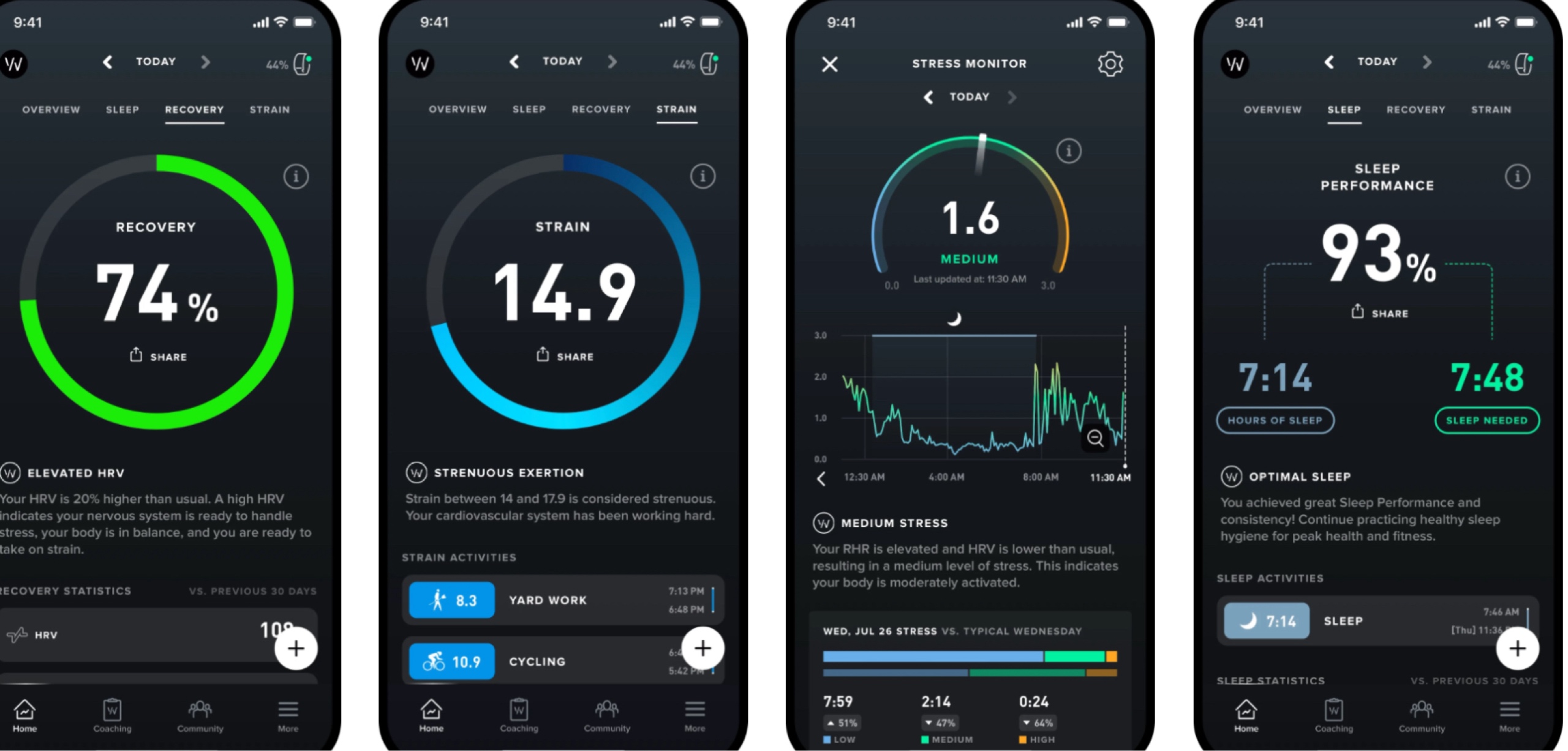
The key principles include:
1. Gradual Activity: People pace themselves by gradually increasing their activity levels over time, starting with small, manageable tasks and gradually building up as tolerated. This approach helps prevent pushing beyond one's limits and making symptoms worse. This is also a good way for anyone unaccustomed to exercise to gradually increase it without causing injury or too much fatigue.
2. Scheduled Rest Breaks: Pacing involves incorporating regular rest breaks into daily routines, whether between activities or during activities to prevent overexertion. This allows people to recharge and avoid energy depletion. Our culture can be quite judgmental about naps, or the fact that people actually do need to rest, but resting makes sense even - maybe especially - within the paradigm of productivity!
3. Activity Monitoring: Pacing requires careful monitoring of energy levels and symptoms to identify patterns and triggers. Tracking activities and symptoms allows for a better understanding of limitations and people can adjust their pacing strategies accordingly. As I mentioned before, technology can be a useful ally here, and more reliable than a more subjective approach or one that relies on memory!
4. Activity Modification: Pacing may involve modifying activities to make them more manageable. This may include breaking tasks into smaller components, using assistive devices or adaptive strategies, and prioritising essential activities while minimising non-essential ones. Of course, what counts as “essential” or otherwise is highly individualised and there’s the risk of prioritising “work” or “productive” activities over those that we really want to do.
5. Balanced Lifestyle: Pacing encourages individuals to maintain a balanced lifestyle by prioritising self-care, sleep, rest and de-stressing. Balancing activity and rest helps prevent "boom and bust" cycles and promotes overall well-being. Mood can be very low when you’re chronically fatigued, and mood-enhancing activities are very important!
How about you? Do you find you are already incorporating some of these pacing principles?
And/or anyway, could you incorporate more down time into your life? Not to boost your productivity or creativity (although it might well do this), but just because it’s a valid and worthwhile thing to do in and of itself?